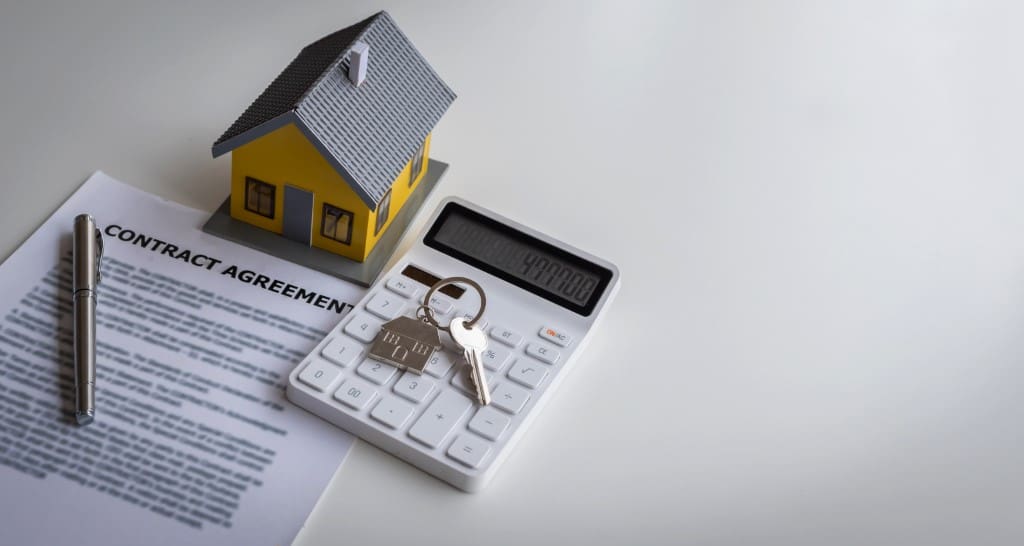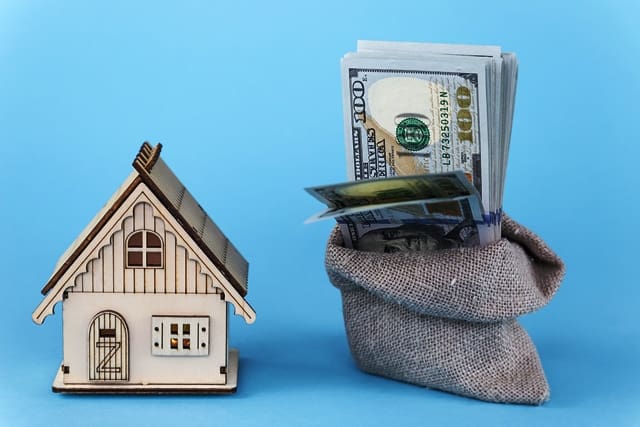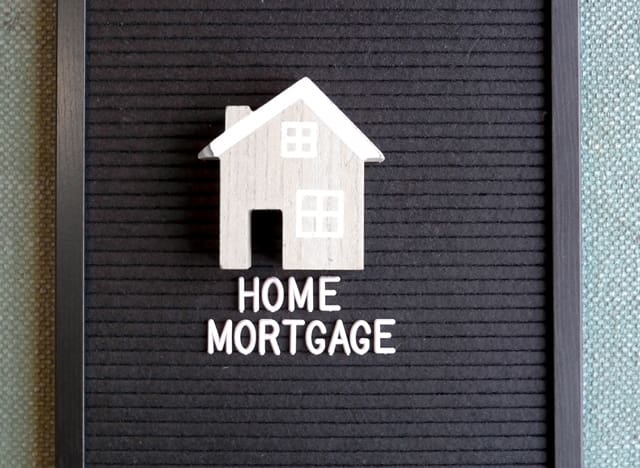When you’re ready to buy a home, securing the best mortgage rates is essential to saving money over the life of your loan. However, navigating the mortgage landscape can be overwhelming without the right guidance. From credit scores to loan terms, numerous factors can impact the rates you’re offered. Understanding these key components will empower you to make informed decisions. This guide provides actionable tips to help buyers find the most favorable mortgage rates and avoid common pitfalls.
Understand Your Credit Score and Its Impact
Your credit score is one of the most important factors that lenders consider when determining your mortgage rate. A higher credit score demonstrates financial responsibility and lowers the risk to lenders, which can lead to lower interest rates. Before applying for a mortgage, review your credit report for errors, and take steps to improve your score if necessary. Paying down debts and avoiding new credit inquiries can significantly boost your score. By improving your credit, you’ll be in a better position to secure competitive mortgage rates.
Compare Loan Types and Terms

Not all mortgage loans are created equal, and understanding the different types can save you thousands in interest over the life of the loan. Fixed-rate mortgages offer consistent monthly payments, while adjustable-rate mortgages (ARMs) may start with lower rates but can increase over time. It’s important to evaluate how long you plan to stay in your home and your tolerance for risk when choosing between loan types. Additionally, shorter loan terms like 15-year mortgages often come with lower interest rates but higher monthly payments. Comparing these options allows you to choose the best fit for your financial situation.
Shop Around and Negotiate
Mortgage rates can vary significantly between lenders, so it pays to shop around. Getting quotes from at least three different lenders gives you a clear picture of the rates and terms available. Don’t be afraid to negotiate either—lenders are often willing to compete for your business, and you may be able to secure a lower rate or better loan terms by doing so. Also, consider working with a mortgage broker who can help you compare offers from multiple lenders. By shopping around, you can ensure you’re getting the best possible deal.
Consider a Larger Down Payment

The size of your down payment can also influence your mortgage rate. Typically, putting down at least 20% of the home’s purchase price will allow you to avoid private mortgage insurance (PMI), which can save you money in the long term. A larger down payment can also show lenders that you’re a lower-risk borrower, potentially resulting in a more favorable interest rate. If a 20% down payment isn’t feasible, aim for the highest amount you can reasonably afford to lower your rate and monthly payments.
Lock in Your Rate at the Right Time
Mortgage rates fluctuate based on market conditions, so timing your rate lock can make a significant difference in what you end up paying. Once you find a rate that you’re comfortable with, consider locking it in to protect yourself from any future rate hikes. Rate locks typically last for 30, 45, or 60 days, depending on the lender, and can help you avoid the uncertainty of rising interest rates. If rates drop after you’ve locked in, some lenders offer a float-down option that allows you to take advantage of the lower rate before closing. Understanding these options helps you avoid paying more than necessary.
#MortgageTips #HomeBuyingAdvice #MortgageRates #RealEstateTips #FinancialPlanning

For a copy of our home buying process, please fill out the form on this page. The guide will be emailed immediately.
If you are looking for assistance in the metro Atlanta area, please reach out to us. We would love the opportunity to help you with your home purchase or sale.
If you are in another part of the country, we may be able to refer you to an agent in your market.
